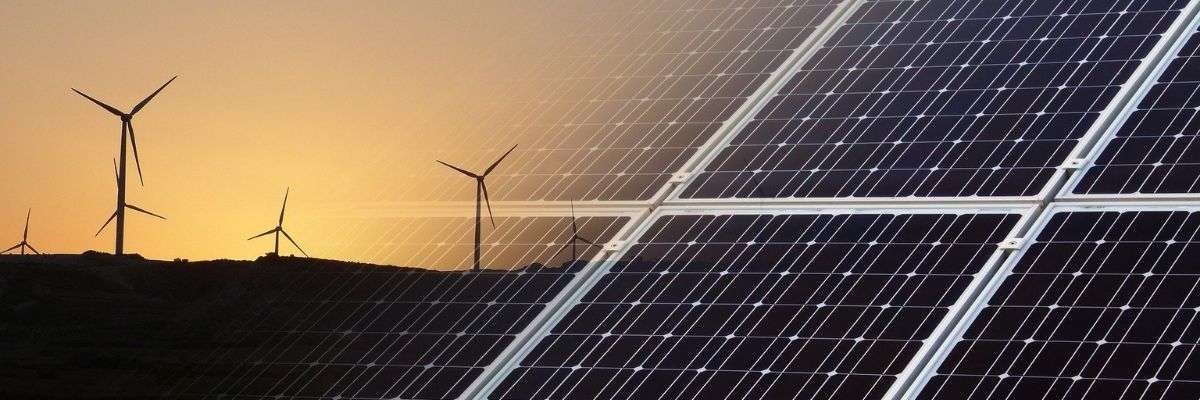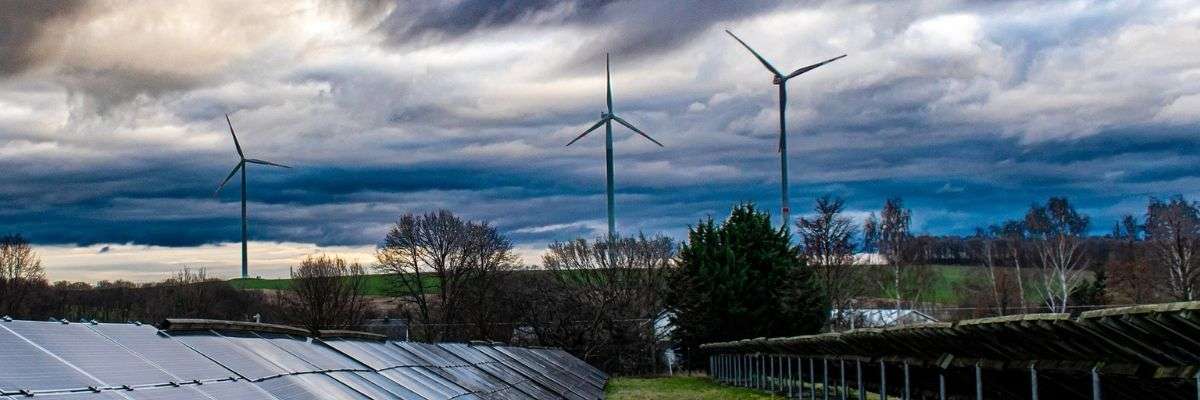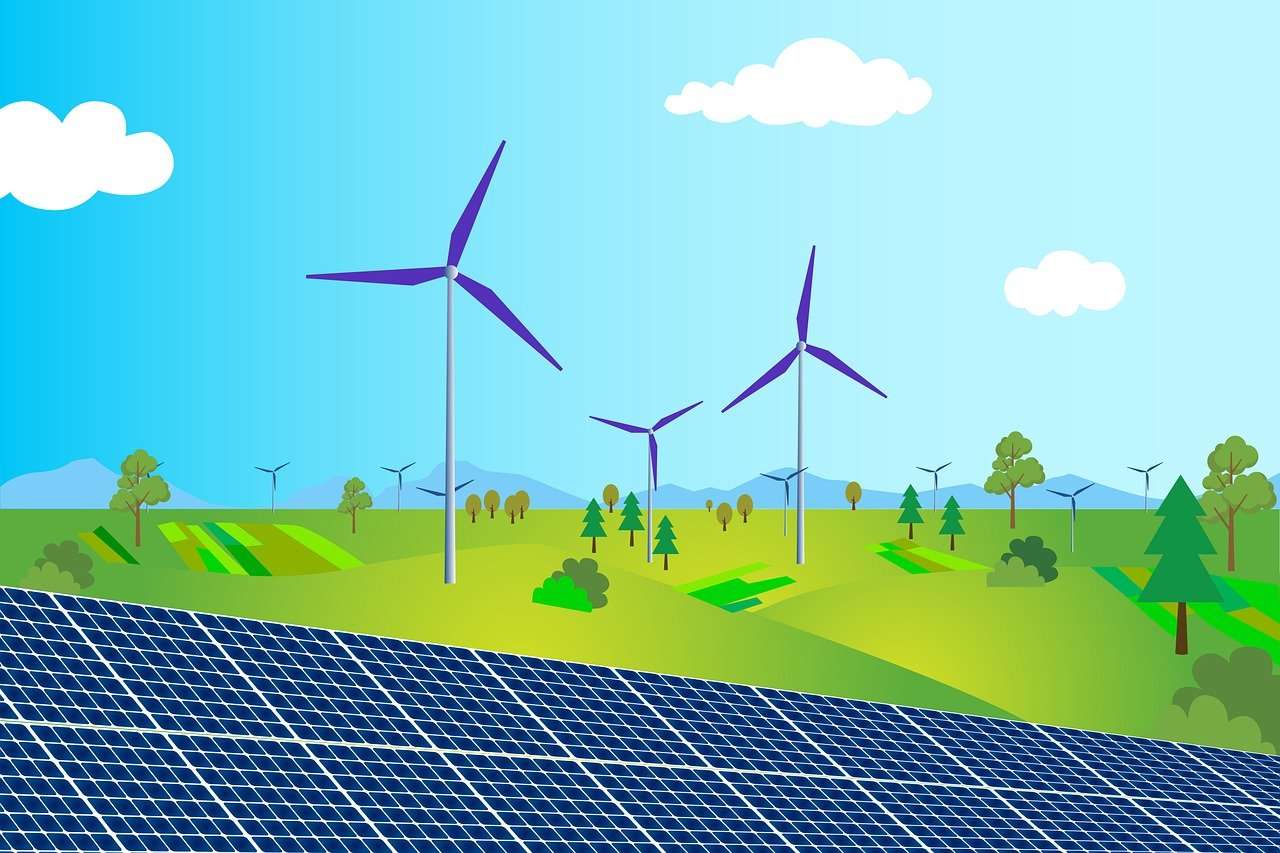Renewable energy credits (RECs)—sometimes referred to as renewable energy certificates—are used to ensure an accelerated clean energy transition by holding companies accountable for meeting renewable goals and standards. In this article we will further explore what is meant by the term ‘renewable energy credits’, and also examine the processes behind the generation and trade of RECs.
What Are RECs (Renewable Energy Credits)?
Renewable energy credits are tradeable, non-tangible commodities. For every 1 megawatt-hour (MWh) of renewably-generated electricity delivered to the grid, a renewable energy credit (REC) is issued. For example, if a solar-generating facility produces 5 MWh of electricity, the facility will then receive 5 RECs, which can either be held or sold to local businesses/homeowners.
How do Renewable Energy Credits Work?
RECs serve an important purpose—tracking renewable energy generation & sales, and determining the measurable positive attributes associated with renewably-generated energy. In a market where very little information is collected or disclosed from the utility grid regarding the amount, origin, and generation method of electricity, RECs take these factors into account, assigning ownership to both generation and use. If a business purchases renewable energy credits, they are directly investing in renewables, and so can say that the purchased amount of RECs indicates that an equivalent amount of their electricity is renewable. For example, if a business buys 5 RECs from a solar farm, the business can then state that 5 MWh of their electricity is sourced from renewable technologies.
Can Renewable Energy Credits be Resold?
No, once a REC has been sold, it cannot be traded or purchased again. All REC exchanges are tracked and recorded. The REC system is a one-time-use model, and each REC contains unique, specific data to ensure that it cannot be resold or purchased a second time. Each renewable energy credit has an accompanying emissions profile containing the following information:
- Type of Renewable Resource
- Renewable Facility Location
- Date of Generation
- Generating Source & Identification Number
- Renewable Fuel Type
- Project Name
- Emissions Rate
How are RECs Generated?
When a renewable energy source, such as solar or wind, generates 1 MWh of electricity and sends it to the grid, a renewable energy credit is issued. For example, if a solar farm generates 5 MWh of electricity, then that solar farm has 5 RECs which can either be kept or sold.
What are the Benefits of Renewable Energy Credits?
Renewable energy credits expand renewable energy access to a wider array of businesses, regardless of ability to invest in renewable technologies such as solar panels or wind turbines, allowing more institutions to lower their carbon footprint. The trade of renewable energy credits also increases overall demand for renewably-sourced energy, indicating to the grid that more clean energy is required, which leads to positive market trends for renewables.
Who Purchases RECs?
RECs are popular among environmentally-conscious organizations who want to reduce their carbon footprint. Two notable companies which are involved in the purchase of renewable energy credits are Starbucks and Whole Foods. RECs aren’t just for big corporations, however, they can be beneficial for companies which are:
- Eager to support the growth of the renewable energy market.
- Unable to install renewable energy systems on-site.
- Having difficulty implementing energy efficiency measures.
- Keen to reduce energy usage and carbon emissions.
- Striving towards environmental goals.
In addition to those organizations which utilise RECs for their own goals, as outlined above, there are certain companies that are required to purchase RECs. For example, some states have regulations known as Renewable Portfolio Standards (RPSs) which set requirements for renewable energy use. Under these RPSs, utility companies are required to provide RECs as proof that they are sourcing a sufficient amount of electricity from renewable sources like solar or wind.
If you’re interested in going solar and lowering your carbon footprint, reach out to YSG Solar today. YSG has been operating in the solar sector since 2010, providing energy solutions for homeowners and businesses alike. To learn how much you could save with solar, call the office at 212.389.9215 or send us an email.
YSG Solar is a project development company responsible for commoditizing energy infrastructure projects. We work with long-term owners and operators to provide clean energy assets with stable, predictable cash flows. YSG's market focus is distributed generation and utility-scale projects located within North America.
Sources:
https://www.cedgreentech.com/article/what-are-recs-renewable-energy-credits-and-how-do-they-work
https://energywatch-inc.com/renewable-energy-credits-recs-explained/

